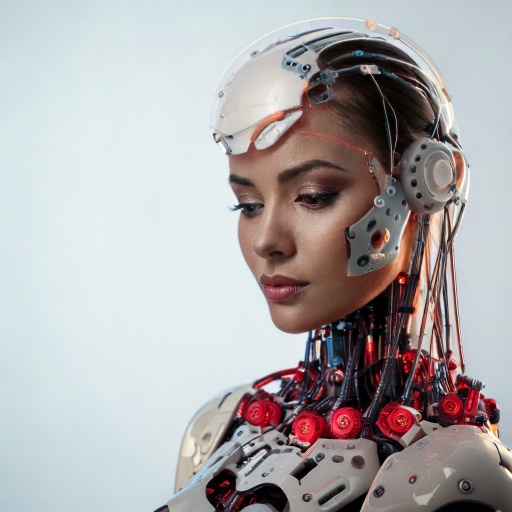The Rise of Robotics in Automotive Manufacturing: A Game-Changer for the Industry

The automotive industry is experiencing a significant transformation with the increased adoption of robotics and automation. While many sectors are still hesitant to fully embrace these technologies, the automotive sector is leading the way in utilizing intelligent agents, or non-human workers, to boost productivity, efficiency, and safety. This article explores the role of robotics in automotive manufacturing, how it’s reshaping the workforce, and why it’s important for the future.
Robotic Revolution in the Automotive Industry
The automotive industry has long been a pioneer in manufacturing automation, and now robots are becoming a central part of production lines. Companies like Tesla and BMW are deploying advanced robotic systems to automate various aspects of manufacturing, from assembling battery packs to handling delicate sheet metal parts. Tesla’s Fremont plant, for example, has dramatically reduced battery pack installation times, cutting the process in half thanks to its robotic workforce.

Collaborative Robots: A New Era of Human-Robot Interaction
One of the most exciting developments in the automotive sector is the rise of collaborative robots, or cobots. These robots are designed to work alongside human employees rather than replace them. Toyota and Ford are integrating cobots into their production lines to handle repetitive tasks, allowing human workers to focus on more complex and skilled activities. This collaboration not only increases efficiency but also ensures a safer working environment by reducing the physical strain on employees.
AI and Machine Learning: Enhancing Robot Performance
Another major development in automotive robotics is the incorporation of artificial intelligence (AI) and machine learning. By integrating advanced vision systems, robots can detect and fix defects during production, often at a speed and accuracy that surpasses human capabilities. For example, BMW has been using AI-driven robots to enhance quality control, identifying defects in real-time and ensuring products meet strict standards.

Industry-wide Impact and Future Potential
The rise of robotics in automotive manufacturing is not just limited to one company or one region—it’s a global trend. A survey indicated that 97% of automotive manufacturers believe automation and robotics will be transformative in the next five years. This surge in robotic deployment is pushing other industries to reconsider their reliance on human labor and adopt similar technologies. As a result, the automotive sector’s approach to automation is setting the stage for broader industry-wide changes.
Robotics as the Future of Manufacturing
The adoption of robotics in automotive manufacturing is reshaping the industry and setting a blueprint for other sectors to follow. By improving productivity, enhancing safety, and integrating AI, the automotive industry is demonstrating how automation can unlock new potential. As more companies realize the benefits of intelligent agents and digital employees, robotics is poised to become a standard across all manufacturing sectors, driving the future of work in an increasingly automated world.

Key Highlights:
- Increased Robot Deployment in Automotive: The automotive industry, led by companies like Tesla and BMW, is significantly increasing the use of robots in production lines, improving efficiency and reducing manual labor.
- Collaborative Robots (Cobots): Toyota and Ford are introducing cobots that work alongside human employees to handle repetitive tasks, boosting productivity and safety.
- AI and Machine Learning Integration: Robotics in the automotive sector is being enhanced with AI and machine learning, improving real-time defect detection and quality control.
- Global Industry Impact: A survey found that 97% of automotive manufacturers believe robotics will transform the industry in the next five years, influencing other sectors to adopt automation as well.
- Industry Shift Toward Automation: The widespread adoption of robotics in automotive manufacturing is setting the stage for broader automation across various industries, positioning intelligent agents as a key part of the future workforce.
Reference:
https://www.engineering.com/robot-deployment-rises-in-automotive-while-other-sectors-lag/


